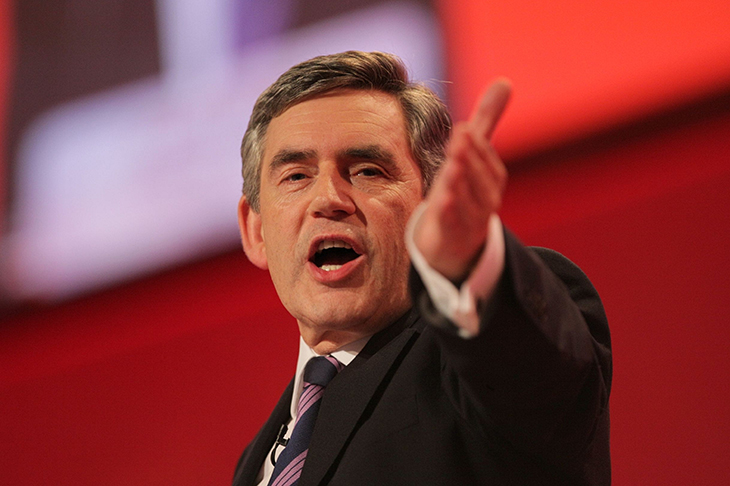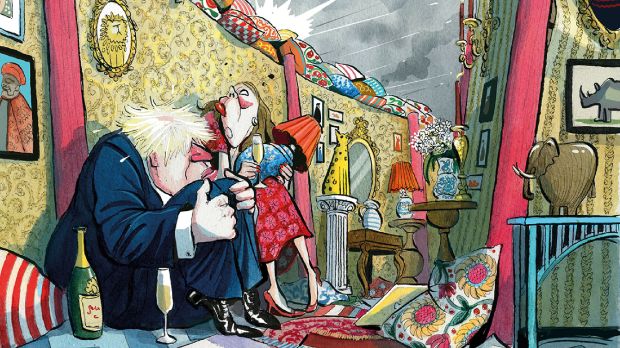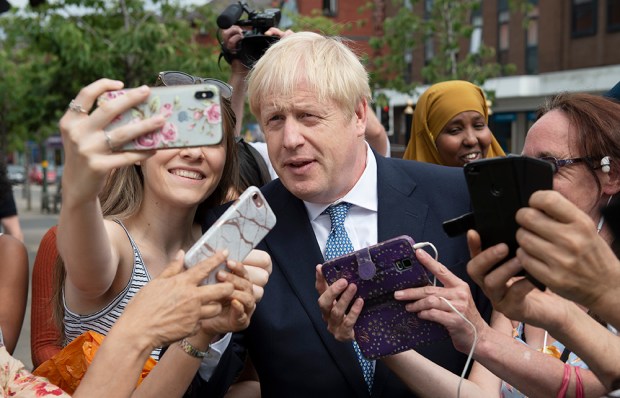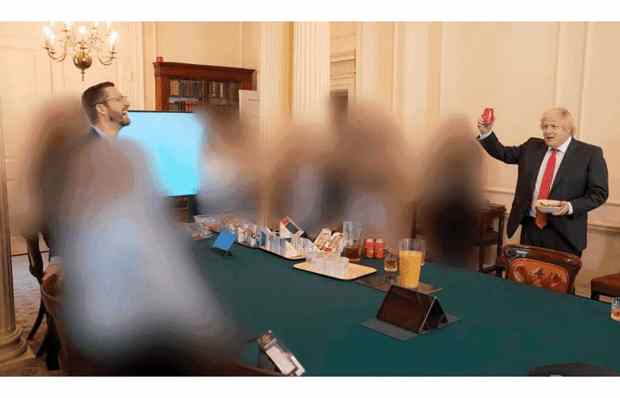The nature of the Johnson government is still not clear, but has become more so with the announcement this week that HS2 is to go ahead in its entirety. Until recently, it had seemed that the project would be, if not dropped altogether, cut back in order to rein in its ever-accelerating budget. This is what most Tory MPs,cabinet members and even the Chancellor had wanted. But instead, the Prime Minister has decided that it will be built in its full £106 billion form. Not only that, he threw in £5 billion for buses and cycleways, as well as the promise of a £39 billion high-speed line from Manchester to Leeds. And, perhaps, a £20 billion road bridge connecting Dumfriesshire with Northern Ireland.
The ability to think big is generally a positive trait. It is easy to admire brave infrastructure projects in other countries and contrast them with the penny-pinching roads and railways which have long been a feature of UK public spending. Choked, inadequate roads which need to be expanded or rebuilt a few years later can be a false economy. As for HS2, many have been seduced by the argument that if you are going to spend money improving and building railways you should make them ‘future-proof’ by going for a high specification.
But the challenge for Johnson is how to think big on public investment without morphing into Gordon Brown. The last Prime Minister but two precipitated an unprecedented boom in construction of new schools: not that it did much for education standards. He signed off on Crossrail. But the result of his looseness with the purse strings is that he left behind a public debt crisis, running a £158 billion deficit in his last year in office. Not only that: many of those new schools and hospitals had been built with off-balance sheet Public Finance Initiative deals which have continued to be a burden on taxpayers long after he left office.
Of course, there is a difference between borrowing to invest in a project expected to pay for itself (bridges, tunnels and roads) and borrowing simply to pay day-to-day government bills. Johnson might well argue that he is building genuine infrastructure, while Brown fell into the habit of cooking the books to fund spending addiction. But not all infrastructure projects can be assumed to turn a profit. Lord Berkeley, who resigned as deputy chairman of the HS2 review in order to produce a dissenting report, reckons that HS2 will produce just 60 pence of benefit for every £1 of public money spent. If he is right, it is a pure vanity project — aimed at politicians who like cutting ribbons.
It is clear that many of the Tories’ newfound voters in the Midlands and North are not Thatcherite converts. Ask them if they would like a tax cut or more spent on the NHS, and they are more likely to choose the latter than would some Conservatives. But it would be an error to assume they will be impressed or even helped by grandiose infrastructure projects. It is not going to be the voters of Blyth Valley or Workington who fill the seats on HS2 — they will not be close enough to the line. It will be the higher earners who can afford the tickets.
This is why Johnson has promised those voters more buses and a few reopenings of railway lines closed by Dr Beeching. While critics of HS2 advocated spending money on local transport instead of high-speed rail, Boris has opted to do both. He has demonstrated, as he himself memorably put it, that his policy on cake is pro-having it and pro-eating it. Like Gordon Brown, he seems to be happy to let others worry about the cost: thinking, to paraphrase Reagan, that the bill for HS2 is now big enough to look after itself.
With £9 billion already spent on HS2 and a decade wasted on deliberations, the Prime Minister’s decision was not easy. The Treasury estimated that £6 billion a year could be saved by scrapping HS2 now, with the money spent instead on upgrading other transport. Yet time and again in his short period in office, Johnson has decided to go with the high-spending option.
Johnson has promised 40 new hospitals. He has thrown good money after bad by bailing out Flybe. During his time as mayor, he commissioned a number of poorly thought-out projects such as the Garden Bridge, the Routemaster bus and the little-used cable car across the Thames. He risks continuing this habit. It is estimated by the Institute for Fiscal Studies that the ‘net zero’ 2050 target he has embraced will cost a trillion pounds. Words like ‘trillion’ were not even used in the Labour era.
His tendency towards high spending does not bode well for public finances, which remain deep in the red even after a decade of so-called ‘austerity’. Gordon Brown proved how quickly a government can get caught out when the economy enters one of its regular recessions. Statistically, another recession is overdue. When it hits (and it is a question of when, not if), will the government have the firepower to respond?
Post-war UK politics has tended to fit a narrative. Labour governments allow spending to run out of control, which ends with a financial crisis that then has to be dealt with by the Conservatives. We have to hope that the Prime Minister will soon discover a more parsimonious side to his character which has so far proved elusive.
Got something to add? Join the discussion and comment below.
Get 10 issues for just $10
Subscribe to The Spectator Australia today for the next 10 magazine issues, plus full online access, for just $10.
You might disagree with half of it, but you’ll enjoy reading all of it. Try your first month for free, then just $2 a week for the remainder of your first year.














Comments
Don't miss out
Join the conversation with other Spectator Australia readers. Subscribe to leave a comment.
SUBSCRIBEAlready a subscriber? Log in